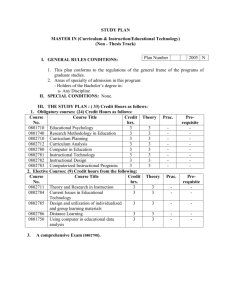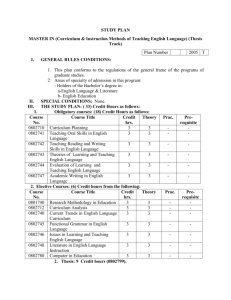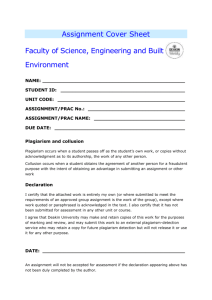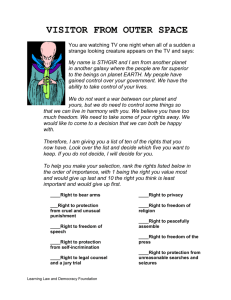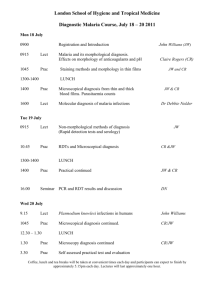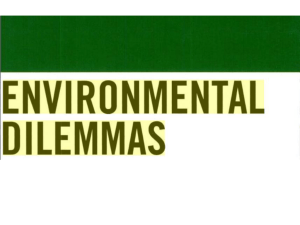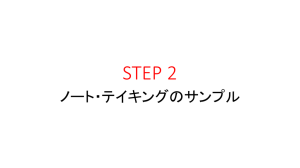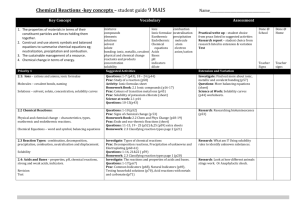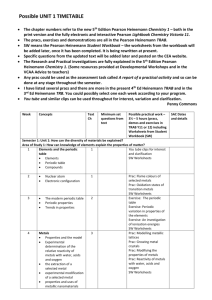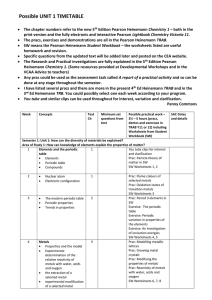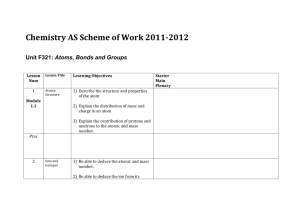UNIT 4 Our Planet Earth - 7
advertisement
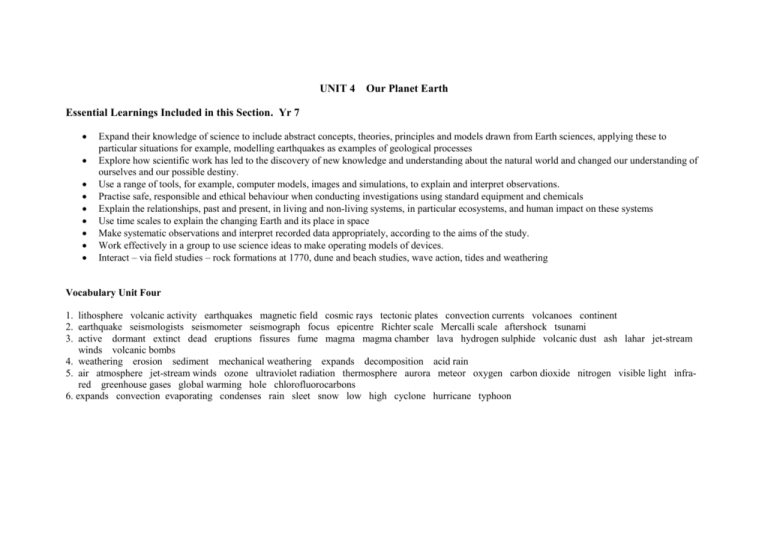
UNIT 4 Our Planet Earth Essential Learnings Included in this Section. Yr 7 Expand their knowledge of science to include abstract concepts, theories, principles and models drawn from Earth sciences, applying these to particular situations for example, modelling earthquakes as examples of geological processes Explore how scientific work has led to the discovery of new knowledge and understanding about the natural world and changed our understanding of ourselves and our possible destiny. Use a range of tools, for example, computer models, images and simulations, to explain and interpret observations. Practise safe, responsible and ethical behaviour when conducting investigations using standard equipment and chemicals Explain the relationships, past and present, in living and non-living systems, in particular ecosystems, and human impact on these systems Use time scales to explain the changing Earth and its place in space Make systematic observations and interpret recorded data appropriately, according to the aims of the study. Work effectively in a group to use science ideas to make operating models of devices. Interact – via field studies – rock formations at 1770, dune and beach studies, wave action, tides and weathering Vocabulary Unit Four 1. lithosphere volcanic activity earthquakes magnetic field cosmic rays tectonic plates convection currents volcanoes continent 2. earthquake seismologists seismometer seismograph focus epicentre Richter scale Mercalli scale aftershock tsunami 3. active dormant extinct dead eruptions fissures fume magma magma chamber lava hydrogen sulphide volcanic dust ash lahar jet-stream winds volcanic bombs 4. weathering erosion sediment mechanical weathering expands decomposition acid rain 5. air atmosphere jet-stream winds ozone ultraviolet radiation thermosphere aurora meteor oxygen carbon dioxide nitrogen visible light infrared greenhouse gases global warming hole chlorofluorocarbons 6. expands convection evaporating condenses rain sleet snow low high cyclone hurricane typhoon Section Learning Strategies Practical Activities Homework Book Worksheets Companion Website Activities What on Earth Visual - Spatial Verbal – Linguistic Interpersonal, Intrapersonal Inquiry, Locating Researching Imagining and Constructing Prac 1. Planet Egg 9.1 Cut-away Earth Web Destinations: Tectonic plates Researching Planet Earth Earthquakes Visual – Spatial Verbal – Linguistic Bodily – Kinaesthetic Imagining – A tsunami warning system Researching Prac 1 Building a seismometer 9.2 Earthquake epicentres 9.3 The Mercalli Earthquake scale 9.4 Earthquake statistics 9.5 Tsunami statistics Web Destinations: Animations and pictures of earthquake activity Videos Earthquakes Clickview – Science Geology studies Volcanoes Visual – Spatial Verbal – Linguistic Bodily – Kinaesthetic Locating – atlas Constructing – Volcano Cooking – making rock types Prac 1 Volcanic clouds Prac 2 In conjunction with Yr5 students – make volcano Prac 3. Make igneous rocks, metamorphic and conglomerate - cooking D/D: Erupting volcano Videos – Movement of the earth Volcanoes Mt St Helen’s volcanic dust – personally collected in 1980 Visual – Spatial Verbal – Linguistic Bodily - Kinaesthetic Researching: dictionary / erosion/ gargoyles Prac 1. You’re cracking me up Prac 2. Acid rain Weathering and erosion 9.6 Volcano Web Destinations: Volcanic Eruptions Assessment task – related to camp activities or Toothpaste advertisement – the minerals within Other resources Clickview – Learning Federation Our Planet Earth QLD Resources Council Science Rocks material Yr 7 camp to 1770 and Bustard Head – study of rock formations and how they formed Multi Media Presentation The Atmosphere Weather Chapter Review Visual – Spatial Verbal – Linguistic Bodily – Kinaesthetic Logical – Mathematical collecting temperature data Researching the atmosphere/global warming Interpreting evidence: Global warming Prac 1. An already wet planet Prac 2. An even wetter planet Visual – Spatial Verbal – Linguistic Bodily - Kinaesthetic Logical – Mathematical Observing and interpreting satellite photos Collecting and interpreting weather details from local newspaper Prac 1. Making clouds Web Destinations: Greenhouse gases 9.7 Cloud Types 9.8 Our planet Earth Crossword 9.9 Sci-words Knowledge and Scientific Process Test Alternative assessment on a specific area of interest to the students TBA Companion Website: Satellite photos of weather patterns Interactive Animation: The water cycle Bundaberg City Council – Water Education for you and Your School Resources Catalyst – ABC TV Interactive crossword: Our planet Earth Review questions

